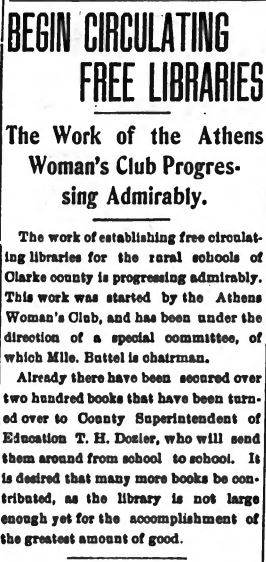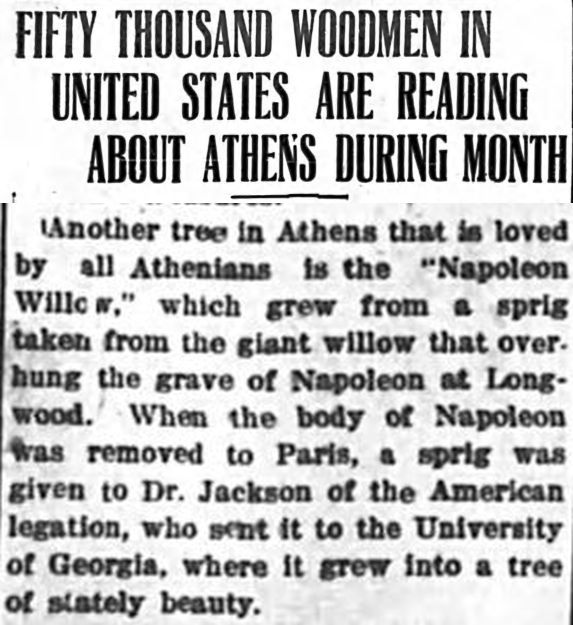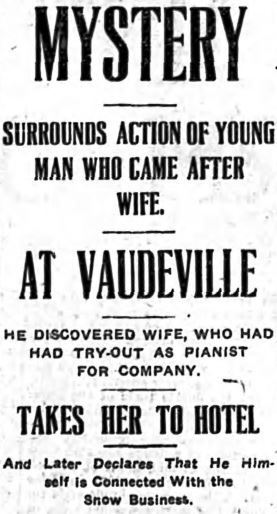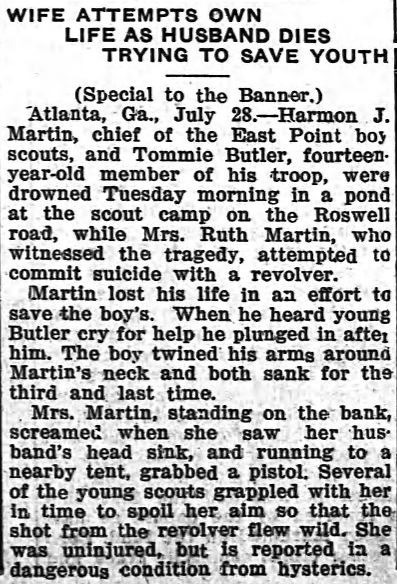This Month in Athens - March 2017
Welcome to the March 2017 Edition of This Month in Athens.
For more historic Athens newspapers, be sure to visit the Athens Historical Newspapers Archive on Galileo.
March 27th, 1903...
March 14th, 1922 - Charm the Educated Horse Charms Local Students
Charm was awarded a diploma by the University of Kentucky, in case any of you football fans out there want to start honing your SEC jokes by the spring football game.
March 26, 1915...Woodmen of the World Visit Athens! What will they see?
The Napoleon Willow mentioned here is of interest to anyone who has visited the Athens botanical gardens. It was of interest to members of the Woodmen of the World.
For a more information about the old Botanical Garden at the University of Georgia, check out this interesting article from 1899, written by Rev. Samuel Boykin, of Nashville.
Boykin cites Dr. Henry Jackson as the progenitor of the Napoleon Willow in Athens and it is from this slip, taken from a tree on St. Helena, that Boykin says all willows in Athens owe their heritage. This is questionable, but an interesting thing for Boykin to note.
While Napoleon died in 1821, his body was not exhumed and taken to France until 1840. It was at this time, according to a 1927 article by Dr. Sylvanus Morris, that the French government sent clippings of the willow to countries who were considered friends of France. William H. Crawford (U.S. Minister to France until 1815, then Secretary of War until 1816, and Secretary of Treasury until 1825) though deceased, received one of these clippings, which were then passed on to Dr. Henry Jackson. According to the Tree Registry of Athens and Clarke County Georgia (1977) published by the Junior Ladies Club and Julian Howard Miller (call no. GR 582.16 TREE) the clippings were planted in the old Botanical Garden in the 1830s.
The Tree Registry from 1977 notes the location of several other willows grown from these clippings, including one at 460 Pinecrest, planted in the 1940s by R.N. Fickett from clippings purchased at Dudley's Nursery in 5 Points. There is also a willow located at 436 Dearing Street, not viewable from the street, planted by Dean William Tate. I would be interested to learn if these are still extant.
Check out the following article by Col. T. Larry Gantt (editor of the Banner in the 1920s) for more information!














